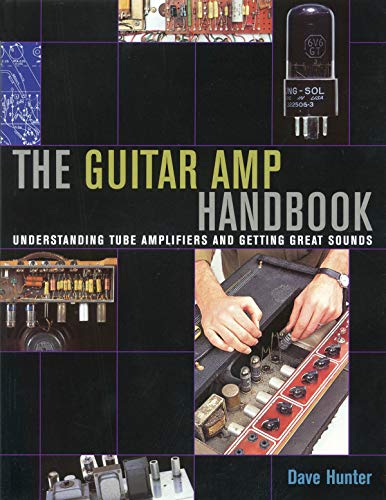These capacitors are called line filter capacitors because they are used to filter-out RF (radio frequency) line disturbance and interference picked up by your home power lines.
Noise interference is picked up in power lines from all kinds of household appliances such as washers & dryers, electric shavers, refrigerator motors, fans, air conditioners, light dimmers, lawn mowers, etc. Line filter capacitors pass noise interference ground (rather than your ears).
The capacitors that filter out interference from the 110-120 volt AC (alternating current) power coming from your wall plug go by a number of names. The general term for these capacitors is AC Line Filter Capacitor or AC Interference Suppression Capacitor.
There are TWO basic types of Line Filter Capacitors”, namely “across-the-line” capacitors and “line-to-ground” (line by-pass) capacitors. Other names for Line-to-Ground capacitor include line bypass capacitor and line isolation or isolating capacitor.
Over and above the ongoing 110-120 VAC, there are lighting storms/strikes and power surges and spikes in your power lines that can generate several kilovolts! A proper line filter has to be able to withstand ongoing high voltages and voltage surges and spikes for years, and if it fails, it should not explode, catch fire or put people at risk of shock. AC rated safety capacitors are designed to safely handle these steady high AC voltages and surges. Should they ever fail, they are designed to fail in a “safe way”.
There are two major types of interference-suppression / AC line filter safety capacitors; namely, type X and type Y.
In addition to helping to block out noise interference from being received, they are also used in electrical devices and appliances to help prevent noise interference from being sent out.
Class X capacitors are used in “across-the-line” applications where their failure would not lead to electric shock.
Class X safety caps are used between the “live” wires carrying the incoming AC current. In this position, a capacitor failure should not cause any electrical shock hazards, rather, a capacitor failure “between-the-lines” would usually cause a fuse or circuit breaker to open.
Class Y capacitors are used in “line-to-ground” (line bypass) applications where their failure could lead to electric shock if a proper ground connection were lost. The failure of a “line-to-ground” capacitor would not open any safety fuse. In other words, the failure of a line bypass capacitor could create a 120 volt “hot” chassis that could give you a potentially fatal shock.






















![Soldering Iron Kit, 120W LED Digital Advanced Solder Iron Soldering Gun kit, 110V Welding Tools, Smart Temperature Control [356℉-932℉], Extra 5pcs Tips, Auto Sleep, Temp Calibration, Orange](https://m.media-amazon.com/images/I/51sFKu9SdeL._SL500_.jpg)










